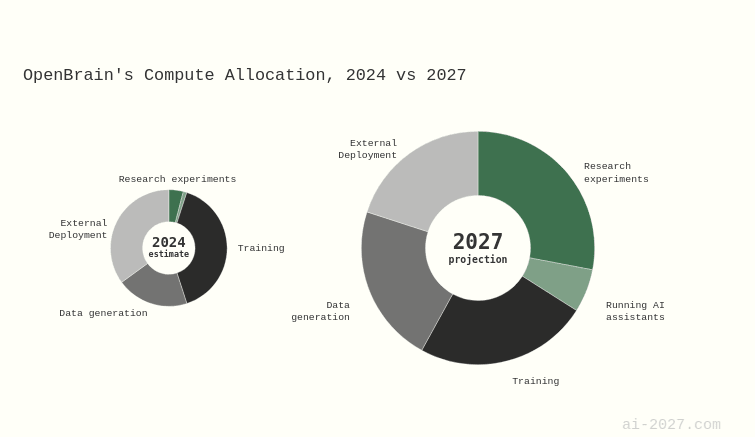Retrospective: PIBBSS Fellowship 2024
Between June and September 2024, we ran the third iteration of the PIBBSS Summer Research Fellowship. Here are our reflections on how the program went and what we learned. Apply for the 2025 program here! TLDR: The 2024 fellowship demonstrated continued success in attracting and developing senior academic talent while refining our approach to interdisciplinary AI safety research. Key outcomes include: * Successfully facilitating the transition of multiple early-to-mid-career researchers into AI safety * Strong research outputs, including advances in mechanistic interpretability that one mentor described as "a 70th percentile paper in mech interp" * Increased seniority of fellows led to more sophisticated and complete research outputs * Going forward, we plan to strengthen research support infrastructure and better balance research direction diversity, which is the usual strength of our program. About PIBBSS PIBBSS (Principles of Intelligent Behavior in Biological and Social Systems) is a research initiative focused on leveraging insights and talent from fields that study intelligent behavior in natural systems to help make progress on questions in AI risk and safety. Since our inception, our approach has evolved - while maintaining our commitment to epistemic pluralism, we have started taking steps toward focusing on more concrete research directions. This includes launching an affiliate program in January 2024 to support sustained research efforts. Previous retrospectives can be found for 2022 and 2023. Fellowship Structure The fellowship pairs researchers (typically PhD level or above) from fields studying complex and intelligent behavior with mentors from AI alignment. The 2024 program featured several key elements: * Opening retreat * Three-month fellowship period (June-September) at LISA facility in London * Structured reporting throughout * Closing symposium 2024 Program Changes The fellowship relocated to London's LISA facility in 2024, exte

As someone who has tried to engage w/ Live Theory multiple times and has found it intriguing, suspicious, and frustratingly mysterious I was very happy to see this write up. I was sad that the Q&A was announced in short notice. Am looking forward to watching the recording and am registering interest in attending a future one.